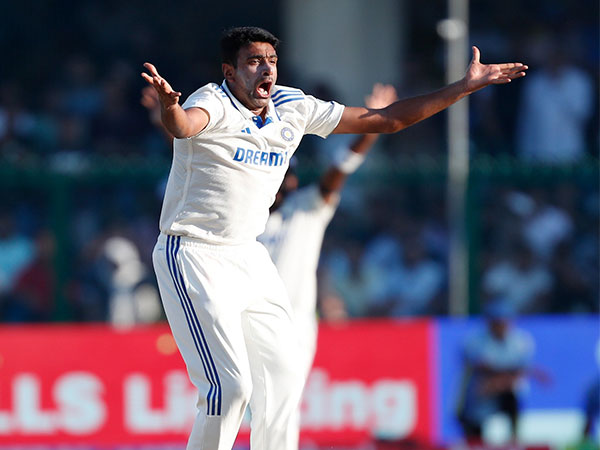Brad Haddin Suggests Frustration Behind Ashwin's Unexpected Retirement
Legendary spinner Ravichandran Ashwin announced his retirement during the Border-Gavaskar Trophy, leaving fans and cricket analysts shocked. Former Australian cricketer Brad Haddin speculates that his retirement was due to frustration over not being included in the playing eleven, as Ashwin sees himself as India's number one spinner.

- Country:
- Australia
In a surprising turn of events, legendary Indian spinner Ravichandran Ashwin announced his retirement from international cricket during the Border-Gavaskar Trophy, sparking widespread disbelief among cricket enthusiasts. Former Australian cricketer Brad Haddin speculated that Ashwin's decision was rooted in frustration over not being selected in the playing eleven.
During the Willow Talk podcast, Haddin remarked, 'The first three Test matches, they played three different spinners, so they arrived here not knowing what their game style is going to be around here. It should not be a shock when you get here, they have played here enough, they have success here. So, the Ashwin retiring mid-series was a funny one. I do not think we have heard the last of that yet.' Haddin believes Ashwin perceived himself as India's top spinner and opted to retire on his own terms rather than watch from the sidelines.
Ashwin's retirement comes at a critical juncture for India's Test aspirations, as they succumbed to a 1-3 series loss in the Border-Gavaskar Trophy, which officially knocked them out of contention for the ICC World Test Championship final at Lord's next year. With an illustrious career boasting 537 Test wickets, he ranks as the eighth-highest wicket-taker in Tests and the second-highest for India, behind Anil Kumble.
(With inputs from agencies.)
ALSO READ
ED probing role of Canadian colleges, Indian entities in human trafficking
Vajpayee architect of India's transition into 21st century: PM Modi
Indian stock markets closed today on Christmas, mixed trends in Asian markets
UN Sec-General pays tributes to Indian peacekeeper
FPI inflows into Indian equities drop sharply in 2024; rebound anticipated in 2025










